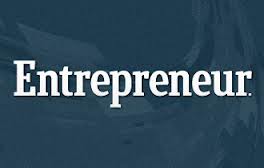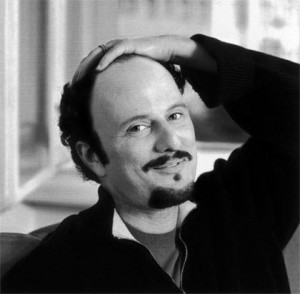

WHO IS THIS WOMAN? BLOGGER? MOM? WOM ADVOCATE? WIFE? STRATEGIST? She’s not confused, just multi-dimensional like you.
This week, I was honored to be asked to participate in IBM’s Social Media Marketing Summit. The first speaker of the day was a social media standard, but someone whom I had not previously met: Frank Eliason, the man behind @comcastcares. Frank has not only become a poster child for his company, he has become a go-to case study for traditional media getting value out of Twitter. Frank had a lot of great nuggets of wisdom to pass along through sharing his journey, but there was one aspect that I got some additional questions on later: his very open, brave take on how personal and professional worlds fit together in social media.
Frank’s profile page not only bears his own photo, but links to his family’s personal websites. This is Frank’s interpretation of a critical principle: people don’t create relationships with a company, they create relationships with people. He shares these links to personalize both himself and his employer. While I agree with the underlying concept, my interpretation of what it means to bring this principle to life is different. While my tweets, this blog, and my entries on the Ogilvy blog are all written in a very conversational style that reflects my personality, I do not have digital links up to family or (non-business-relevant) friends. I am also pretty sensitive to the topics of what I cover and try to stay close to my mission of discussion social media & WOM-relevant topics with an appropriate slice of life on the side. For the purely personal or “venting”, I usually use Facebook.
I truly don’t think there’s any right or wrong or black or white on this issue. Over the last few days, I’ve been trying to figure out why I have consciously and unconsciously made these decisions. Here’s what I’ve come up with:
I have clients – there is already a certain level of professional self-censorship on the stories I share as much of what I am exposed to is proprietary or sensitive for my clients. Someone who is the face of a brand might feel a bit more comfortable sharing a larger percentage of their days and nights.
I’m female – I started blogging in the age of the mommyblogger explosion, but was not blogging about anything personal. Because I am a mom who blogs, but am not a mommyblogger, I have probably veered a little dramatically to stay out of that category and pay proper respect to those who truly excel at sharing about their personal lives. And like Rock and Roll Mama says: I’ve still got it. Even when I am up to my elbows in Elmo and goldfish.
Virginia Miracle is a Professional Construct (or: Dad Ate My Google Results) – Virginia Miracle was born in 2004 when I married into an awesome last name. Prior to that, I had a different, somewhat complex and very southern name that is extremely close to that of my Dad – my fabulous and extremely prolific writer father. For a guy who just got broadband last year, he has a shockingly robust digital footprint. Getting a new name coincided with the year that I found WOMMA and my career changed. Thus, everything public that is associated with the name “Virginia Miracle” has stayed relatively professional and been highly correlated to Word of Mouth Marketing.
I don’t think there is a “best practice” here, but it is important to be conscious of your choices as you start that Twitter feed, create a YouTube video of your friends in Vegas, or blog about your parenting style. Depending on how and where you share, it could follow you to your next job interview, background check, or family reunion. Best of luck and happy social media sorting…



